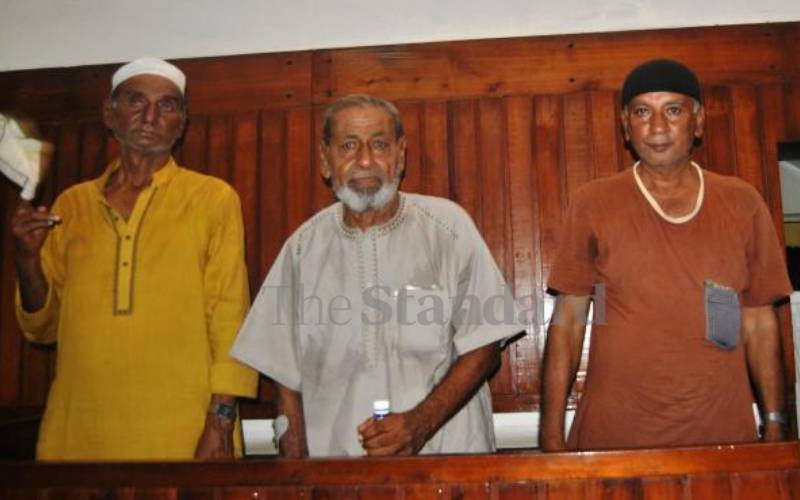×
The Standard e-Paper
Smart Minds Choose Us

Kenyan courts have jurisdiction to try and convict an Iranian and six Pakistani seafarers charged with trafficking heroin worth Sh1.3 billion, according to the Director of Public Prosecutions.
The suspects, according to court documents, committed the offence in Mombasa in 2014 before they were arrested.